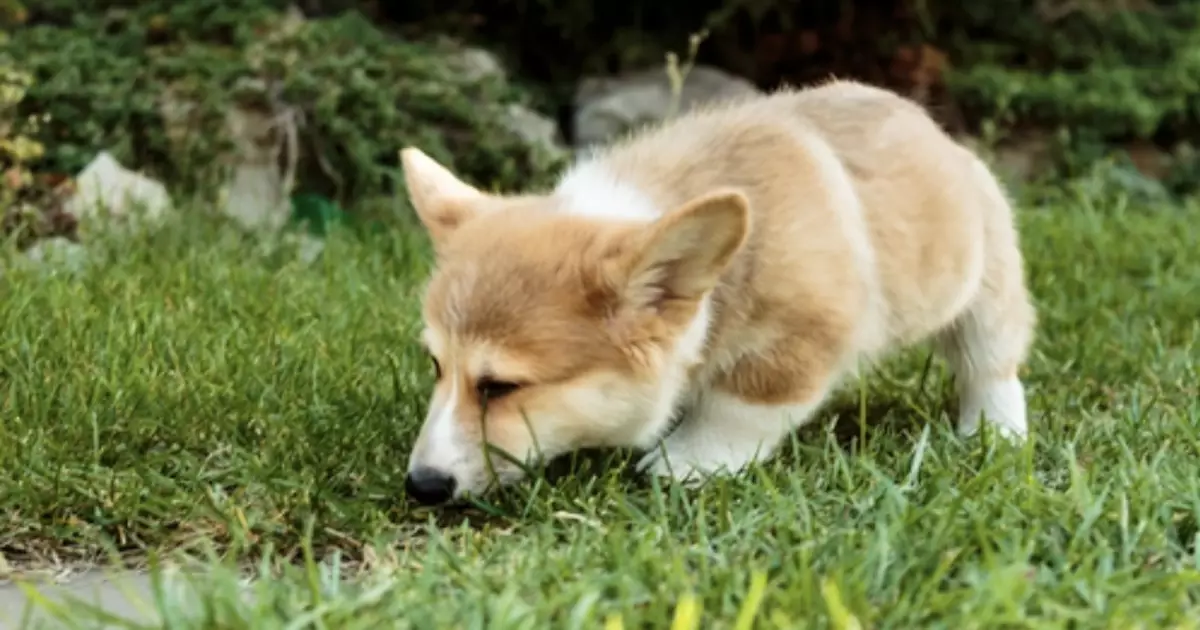Dogs are often amusing and perplexing creatures, and one of their most curious habits is the tendency to munch on grass. For many pet owners, witnessing their dog indulging in this behavior raises eyebrows and prompts concerns about their health or dietary needs. However, this peculiar habit is more common than one might assume and can often be attributed to a variety of reasons ranging from instinctual behaviors inherited from wild ancestors to environmental factors.
In the wild, the ancestors of domestic dogs, including wolves and coyotes, had diverse diets that occasionally included plant matter. The act of foraging led to the ingestion of grass when these animals consumed their prey or explored their surroundings. This instinct to consume a varied diet remains embedded in modern dogs, causing them to nibble on grass even though it does not constitute a major part of their diet.
One significant reason that dogs might choose to eat grass is related to digestive health. Just like humans, dogs require a proper balance of fiber in their diets to maintain optimal digestion. Grass is rich in fiber, which can help regulate their digestive systems. If a dog’s diet is lacking in fiber, they might instinctively turn to grass as a natural source of roughage. This desire can stem from the need to alleviate issues like constipation, as dogs seem to have an innate understanding of how to manage their digestive needs.
Eating grass may also function as a natural laxative for some dogs. If an animal is experiencing digestive discomfort, it might munch on grass to help stimulate bowel movements. The fibrous strands of grass can add bulk to the stool, potentially alleviating any constipation and promoting regularity.
Observant dog owners often notice that their dogs sometimes vomit shortly after consuming grass. This behavior may be a symptomatic response to an upset stomach. The rough texture of grass might irritate a dog’s gastrointestinal tract, encouraging them to vomit as a way to expel unpleasant substances. Dogs may instinctively use this method to rid themselves of toxins or spoiled food, suggesting that this grass-eating behavior may have certain therapeutic aspects.
Conversely, it’s crucial to note that excessive grass-eating combined with vomiting could indicate deeper health concerns. If this behavior becomes frequent or seems compulsive, it’s advisable to consult a veterinarian to rule out any underlying health issues.
Apart from instinctual and health-related reasons, emotional factors can also play a significant role in why dogs consume grass. Just as humans can exhibit peculiar habits when bored or anxious, dogs can manifest similar behaviors. A lack of stimulation, either physical or mental, might lead a dog to chew on grass as a way to fend off boredom or ease anxiety. In particular, active breeds that thrive on stimulation may benefit from additional interactive play or exercise, reducing their inclination to engage in unusual habits like grass-eating.
Another possible reason dogs may indulge in grass is due to nutritional deficiencies. If a dog’s diet is poorly balanced or lacks vital nutrients, they might instinctively seek out alternative sources of nutrition, even if those sources are not optimal. Low-quality commercial dog food or improperly balanced homemade diets could prompt this behavior. Supplementing a dog’s diet with high-quality food can alleviate such cravings for grass by ensuring all their dietary needs are met.
Dogs are inherently exploratory creatures. They engage with their environment largely through taste, and the texture of grass may be an attractive form of sensory stimulation for them. This exploratory behavior is particularly pronounced in younger dogs, who may nibble on grass out of sheer curiosity. Eating grass can often be a simple manifestation of dogs exploring their surroundings rather than a sign of any health-related behavior.
In multi-pet households, dogs may be inclined to imitate the grass-eating habits of other animals they observe, such as other dogs or even cats. This mimicry is usually harmless and underscores the social learning abilities of dogs.
Ultimately, the reasons why dogs eat grass are diverse and intertwined with their instincts, dietary needs, emotional welfare, and natural curiosity. While grass consumption does not usually warrant concern, it is essential for dog owners to remain vigilant. If a dog’s grass-eating behavior is accompanied by other symptoms such as vomiting, lethargy, or changes in appetite, it is certainly advisable to seek veterinary guidance. Understanding the myriad factors that contribute to this behavior can provide solace to pet owners and help ensure their furry companions lead happy, healthy lives.


Leave a Reply